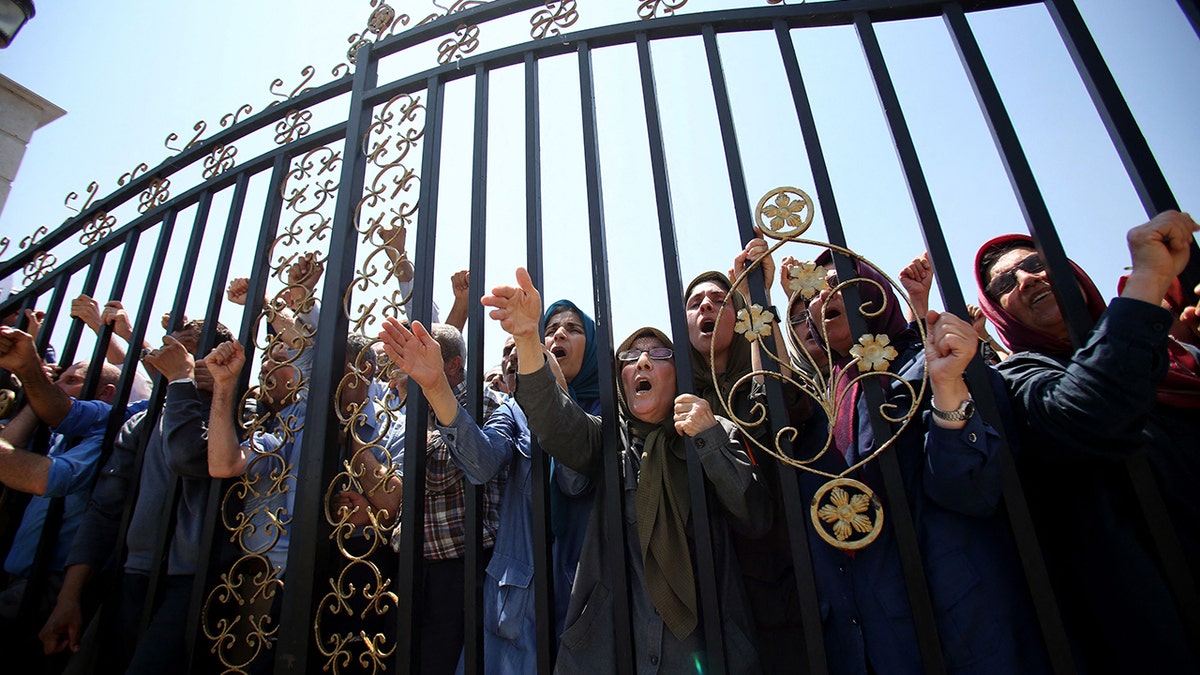Following a June raid on an Iranian opposition group in Albania, Iran claimed it obtained sensitive electronic data, causing concern among the exiled Mujahedin-e-Khalq (MEK). Albanian authorities confiscated 150 computer devices from the MEK due to alleged prohibited political activities. Iran's information council head, Sepehr Khalaji, suggested that Iranian experts were analyzing the data to identify "terrorist group’s agents and sabotage cells," according to the state-controlled Islamic Republic News Agency (IRNA).

The National Council of Resistance of Iran (NCRI), affiliated with the MEK, demanded clarification from Albania and the U.S. regarding whether the seized data was shared with Tehran. Albania's embassy in Washington, D.C., vehemently denied these claims, emphasizing their severed diplomatic ties with Iran since 2022 due to a cyberattack. They affirmed that the confiscated equipment remains under the control of the Special Prosecutor against Organized Crime and Corruption for investigative purposes. As a NATO member, EU candidate country, and close U.S. ally, Albania stated it would never cooperate with the Iranian regime.

The NCRI urged transparency from both the U.S. and Albanian governments. A U.S. State Department spokesperson denied any U.S. involvement in the data transfer and expressed support for Albania's right to investigate potential illegal activities. They referred further inquiries to the Albanian government.

Recent European intelligence reports indicate Iran's ongoing surveillance of Iranian dissidents and the MEK. The article also mentions the controversial release of Iranian diplomat Assadollah Assadi from a Belgian prison, where he was serving a 20-year sentence for a foiled bomb plot against a MEK conference near Paris. The NCRI condemned his release as encouraging terrorism.








